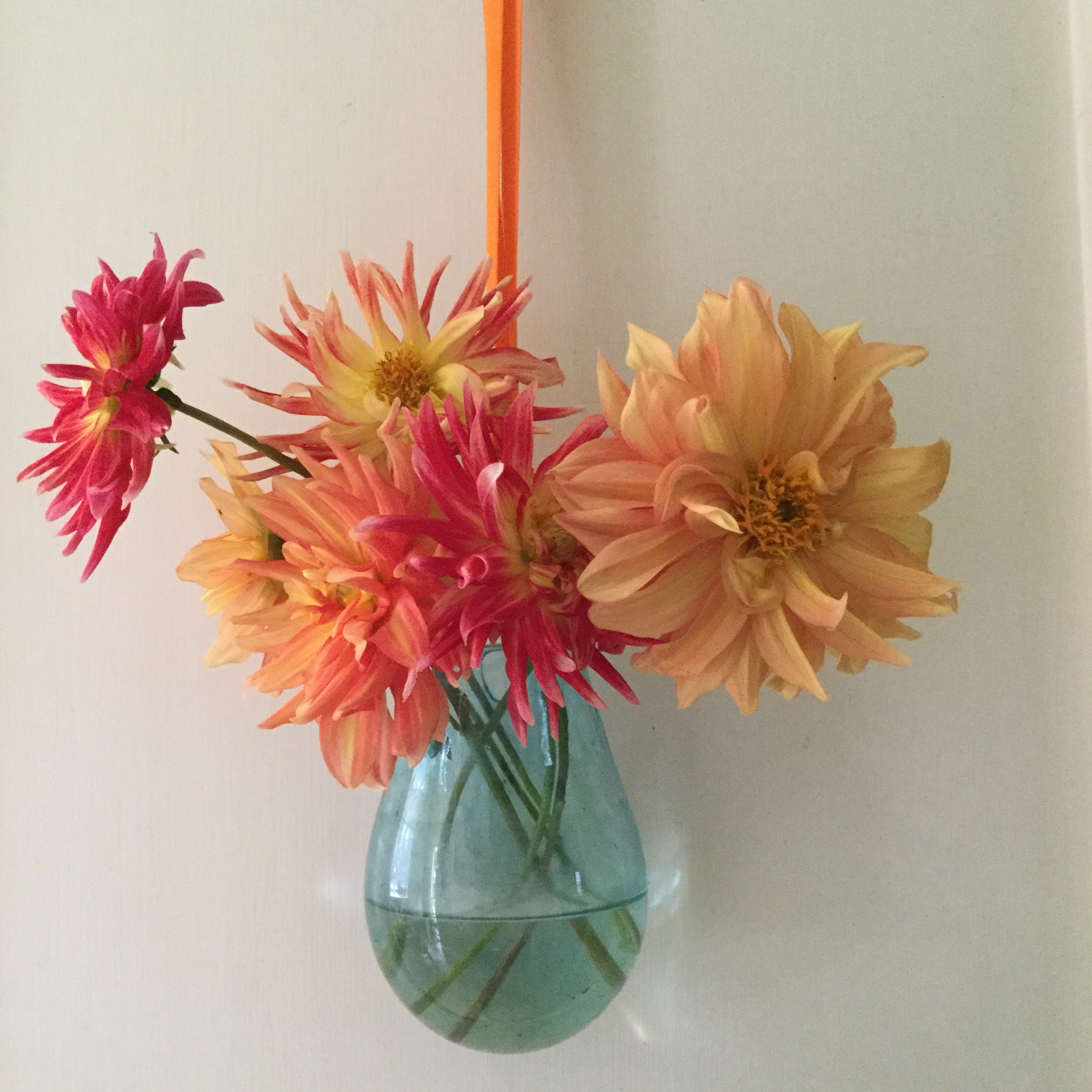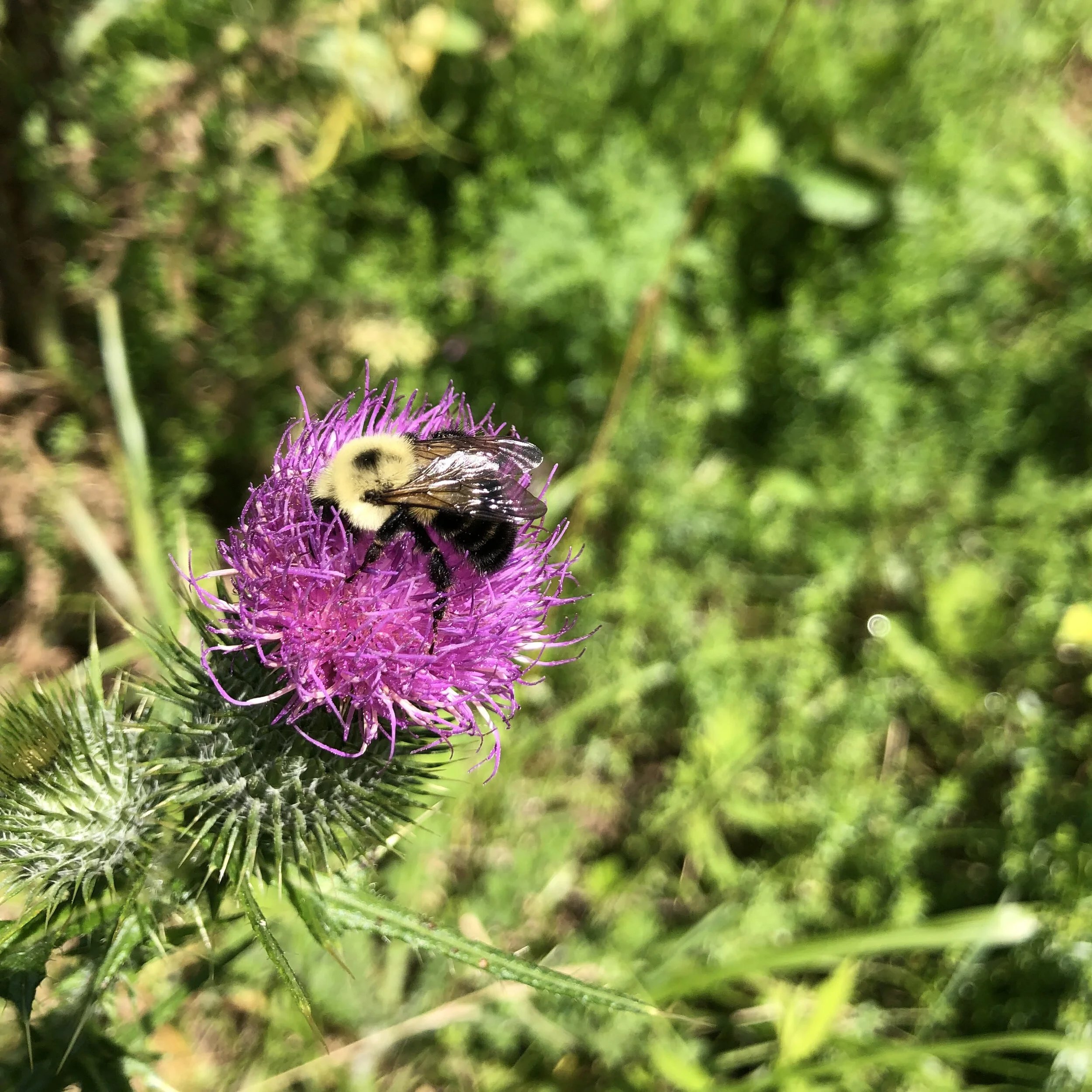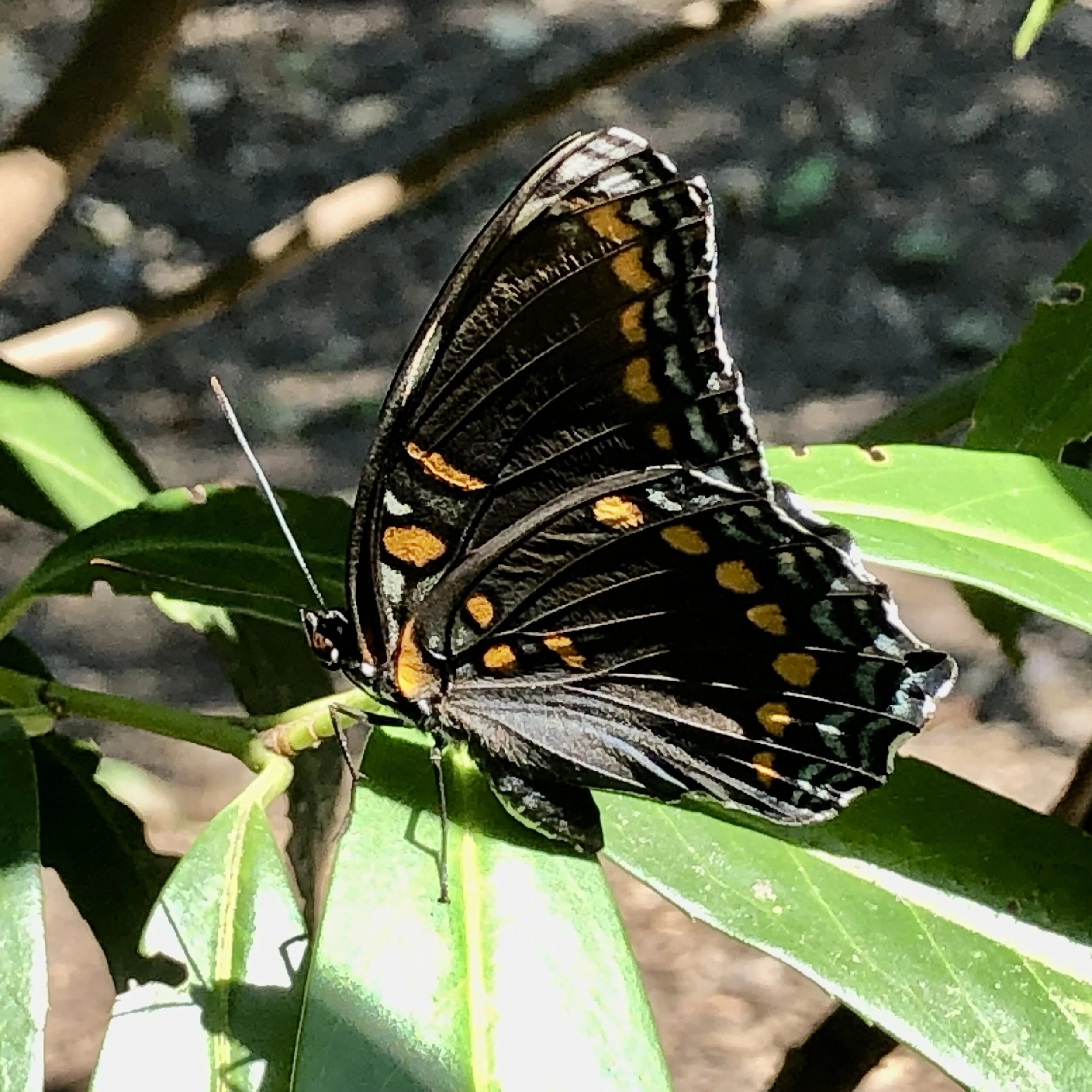Fall. The beginning of the end of my gardening season. Time for fall clean up and start preparing my garden for winter. Its been dry the last few weeks and my husband Max is pointing out that some plants are looking sad. He helps by pointing these things out, but not actually helping. In the past I’d go out and ‘clean up’ my garden; cut back all the perennials and grasses, rake all the leaves and debris out of beds and drag them to the street for the town to pick up. While doing this made me feel accomplished and my garden look well groomed, I was not doing great by our small insect friends, birds or even the soil.
Preparing Your Garden For Winter
We are in a global crisis of insect species loss, due to many factors. This loss of an important food source for birds is now having a huge impact on bird populations. And scientists are worried about the loss of pollinators, as insects decline.
Nowadays I clean up a lot less and I’m asking you to do the same when preparing your garden for winter (or a lot less where you can). By leaving those perennial and grass seed heads alone, you are providing the birds much needed food in winter. Coneflowers, coreopsis, beard tongue and sedum seeds are great food sources once they mature. Bluejays, cardinals and finches will stop by to feed, entertaining you with their antics. If I cut them back now I’d be taking a meal away.
Garden Beds
I don’t clean up the leaf litter in my beds either. Of course they can’t stay on my small patch of lawn all winter. That would kill it, and make Max nuts. But in my garden beds I leave most alone. All that leaf litter is where beneficial insects overwinter. While monarchs migrate to Mexico, swallowtails stick around overwintering as pupa inside a chrysalis. Clean up too well and you are dooming them. Beneficial insects overwinter as larvae, eggs, or fully formed adults. These will hatch and mature before other bad bugs like aphids arrive, and they are your first line of defense against them. Ladybugs eat 50 aphids a day or 5,000 in a lifetime! Then overwinter in the leaves and mulch that I am leaving in place. Ground beetles, green lacewings and damsel bugs do the same. They can take care of slugs, whiteflies, mites and cabbage worms. And leave some of the late season weeds. The ubiquitous clearweed and stinging nettle are host plants to many butterflies, like the beautiful Red Admiral.
Leave the leaves is a good motto. Gardens can’t get enough organic matter; it feeds the soil which in turn feeds our plants. But we remove loads of organic matter from our property when we rake our leaves to the street, only to bring mulch in in the spring. Instead of continuing this perplexing cycle, rake your leaves into a big pile on your lawn and run your mower over them several times. Then rake the shredded leaves into your garden beds. This is a great winter mulch that is fluffy enough to protect many species.
Bees And Wasps
While frightening to some, bees and wasps are also essential to a healthy ecosystem. Most of our 4000 species of native bees; mason, sweat and bumble bees, are not interested in stinging you, but will pay you back big by being much more efficient pollinators than the honey bees that Max keeps. Many hibernate in leaf piles, and a lot more in the ground. Leave the leaves. If you see a nest or hive, don’t be so quick to remove it, unless of course it is too close for comfort, but even paper wasps are beneficial. This group of insects is incredibly important to our food supply. No bees, no food, no kidding.
Birds
Another reason to care about insects is birds. While adult chickadees feed mostly on seeds, they feed their chicks almost exclusively caterpillars. If there are not enough caterpillars they cannot reproduce. So cleaning up too well can rid them of a huge food source.
Preparing Your Garden For Winter - To Round It Up
If the idea of a ‘messy’ garden does not sit well with you, pick one bed, less visible from your window and dedicate that to mess. I call this grateful exchange. It’s where you trade in your compulsive garden habits for a bit of ecosystem services that it will provide to you. So when preparing your garden for winter leave the fall clean up till spring, and help out some bugs that will help you out later; grateful exchange.
If you have any questions or anything to add about preparing your garden for winter please comment below. I would love to hear!
Learn more about me Carolle Huber and the sustainable landscapes that I design here.
Carolle
Keep up-to-date with my garden and projects on Instagram
















